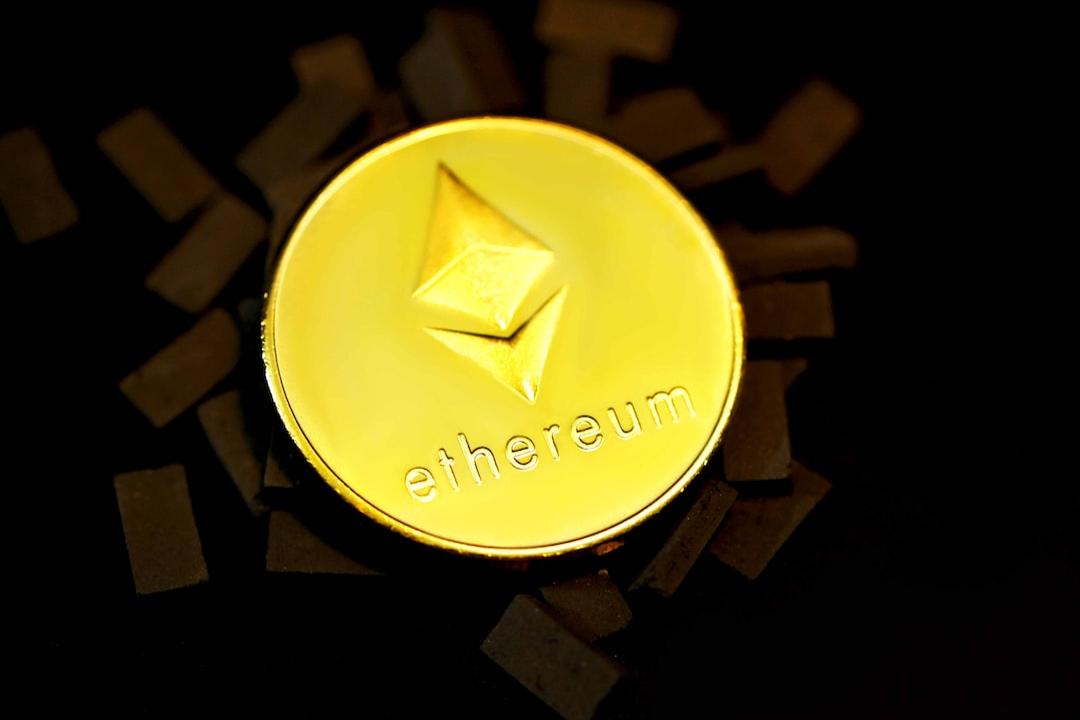A top Apple executive labeled the company’s AI delays “ugly and embarrassing.” Apple’s stock fell 16% this year through Thursday’s close, while Palantir led a rally in AI stocks on Friday.
Apple’s losses have not been negligible. The stock regained some ground on Friday but failed to sustain the early surge into the afternoon, ending up 1.4% at $212.58 by 2:18 p.m. in New York.
Market watchers say the extended delays for Siri’s AI enhancements have cast fresh doubts on Apple’s ability to keep pace with rivals at a time when artificial intelligence lies at the core of many consumer and enterprise products.
Robby Walker, a senior director in charge of Apple’s voice assistant, addressed staff with a candid assessment, calling the repeated delays “ugly and embarrassing.”

Apple stock price. Source: Google Finance
According to sources, Walker acknowledged the emotional toll on employees, saying they might be feeling “angry, disappointed, burned out and embarrassed” over the lack of progress. He also expressed regret that Apple had showcased the new Siri tools in public marketing campaigns before they were anywhere near production-ready, intensifying internal and external pressure.
The features in question are part of Apple’s “Apple Intelligence” initiative, intended to make Siri smarter by tapping into personal data and handling more advanced tasks within apps.
Siri, which made its debut in 2011, has struggled to keep up with competing virtual assistants from other big tech players. The changes Apple highlighted last June at its Worldwide Developers Conference (WWDC) were intended to close that gap, offering the ability to analyze on-screen content and better tailor responses to individuals.
However, when the company demonstrated these tools on stage, insiders now say that Apple was relying on a barely working prototype.

Apple demonstrates Siri at WWDC 24. Source: Apple
According to Bloomberg, the team initially aimed to ship these AI enhancements as part of iOS 18.5 this spring, then shifted to a window in May. When that deadline proved too ambitious, plans moved to sometime in 2025, with iOS 19 now being the earliest possible vehicle for the changes.
Walker stressed that this new target “doesn’t mean that we’re shipping then,” noting that the team has other, potentially more urgent obligations on its plate. This disclosure has fueled speculation that the launch might slip further, which raises concerns among analysts and developers eager to see Apple remain a heavyweight in AI.
Apple made a marketing decision to promote these incomplete features as a key selling point for the iPhone 16 line. The company touted Siri’s upcoming improvements in commercials and other campaigns, creating an expectation that the product was nearly finished.
“This was not one of these situations where we get to show people our plan after it’s done” Walker noted. He added, “We showed people before” and according to him, this is what makes the delay particularly ugly.
Early testers reported that the features were far from reliable enough for wide release, echoing Walker’s acknowledgment that the product was pushed into the spotlight prematurely.
Some market observers are concerned that Apple’s public stumbles could erode confidence in the brand’s AI leadership. Competitors have rolled out advanced chatbots and voice assistants that showcase generative language models and other robust features. The indefinite delay adds fuel to the perception that Apple is lagging in a fast-paced sector of consumer tech.
That said, Walker assured employees that the company remains committed to delivering a “leading” AI assistant when the product is eventually ready. He commended the Siri team for building “incredibly impressive” tools under significant time pressure and maintained that Apple, by virtue of its ecosystem, still holds an advantage once the updates go live.
Palantir leads AI tech stocks rally
On top of Siri’s woes, Apple is navigating a broader downturn in tech stocks, though there was a glimmer of relief on Friday. Fears of a possible government shutdown were eased when Senate Minority Leader Chuck Schumer pledged his support for a Republican-led proposal to fund the government through the end of the current fiscal year.
This statement helped ignite a rally in the broader market, with about 90% of S&P 500 companies trading in positive territory on Friday. Even so, the reprieve was not enough to offset lingering anxieties regarding the White House’s on-off tariff policies and presidential advisor Elon Musk’s hints that he might cancel numerous federal contracts and drastically reduce government staffing.
See also Prime Minister Keir Starmer says UK can save £45B with AI
These risks played into the correction that hit the S&P 500. On Thursday, the index fell into its first correction since October 2023, shedding 10.1% over just 16 sessions from its peak on February 19, making this the seventh-fastest drop of its kind since 1929.

S&P 500. Source: Google Finance
Tech names, especially those linked to artificial intelligence, suffered the brunt of the recent volatility. Palantir’s shares had already slumped in mid-February when it emerged that the administration was considering cuts to the defense budget, a key revenue driver for the software company.
Despite those troubles, Palantir led Friday’s comeback, rising 8% by the close. That advance made it one of the top gainers in both the S&P 500 and the Nasdaq 100.

Palantir stock price. Source: Google Finance
Other AI-centered stocks also saw gains, with server maker Super Micro Computer climbing almost 8% and graphics chip titan Nvidia adding about 5%. Investors appeared to find a bit of confidence in these AI-driven companies, which had soared last year before falling victim to the market’s recent risk-off posture. Analysts believe Friday’s action reflects optimism that AI remains a central theme for future growth despite near-term shocks.


NVIDIA stock price. Source: Google Finance
Several other AI-focused names also bounced back. Nuclear power providers Vistra and Constellation Energy, which had gained traction last year based on expectations of heightened AI-driven energy consumption, both retreated more than 40% from all-time highs amid this year’s turbulence. Yet they, too, joined Friday’s rally, ending up by 5% and 3%, respectively. Traders were encouraged after the threat of a government shutdown was weighed out, even if only temporarily, sidestepping one source of volatility.
Cryptopolitan Academy: Want to grow your money in 2025? Learn how to do it with DeFi in our upcoming webclass.
Save Your Spot

